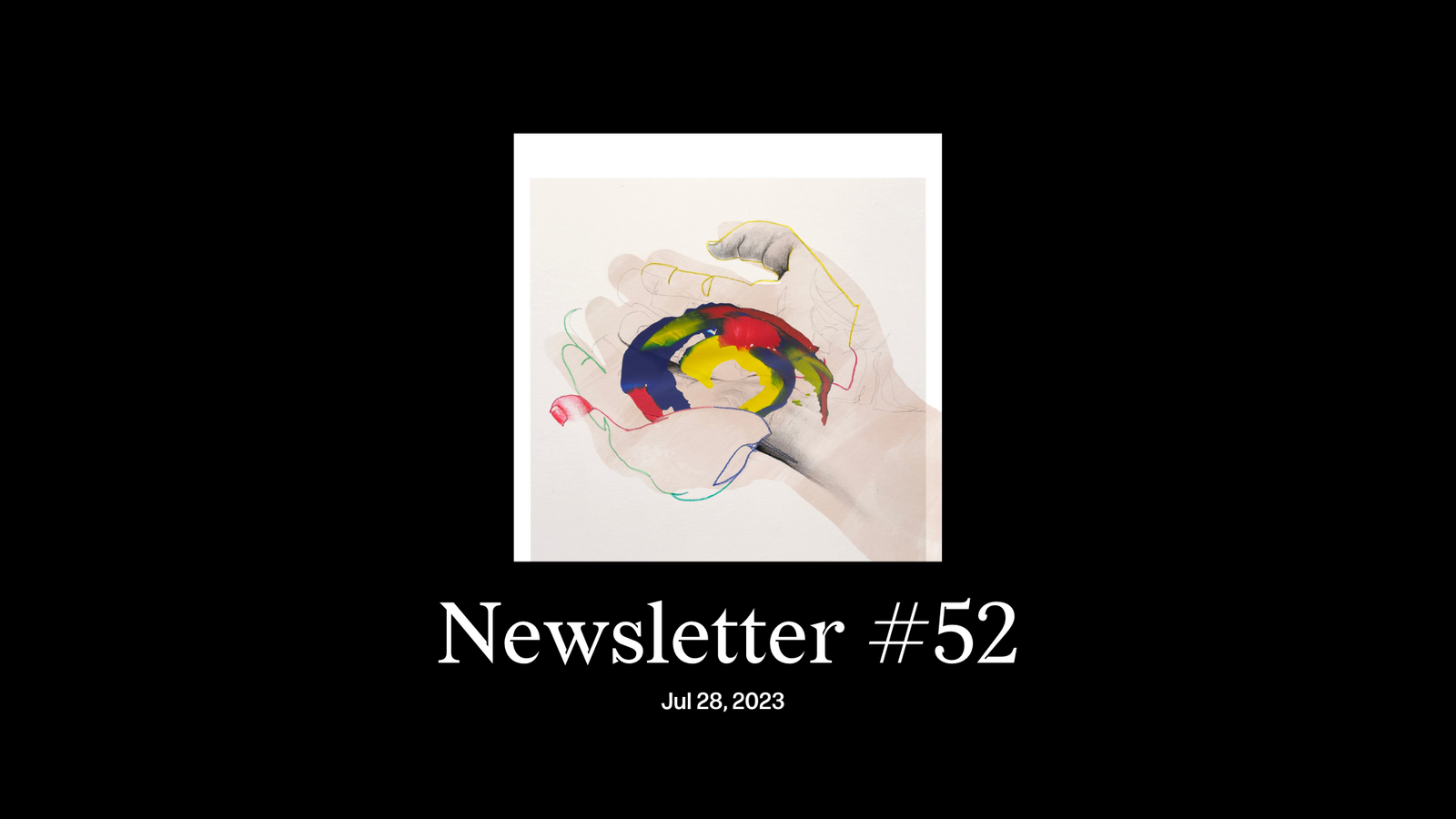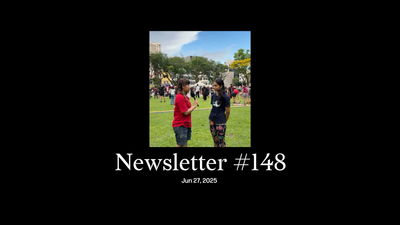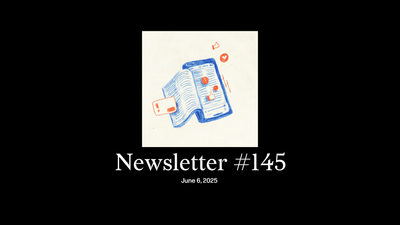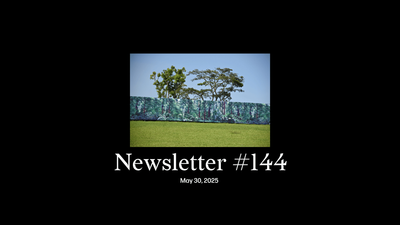Dear reader,
The names on last week’s newsletter subject, “Faris Joraimi and Lee Suet Fern”, were representative of two tender, moving pieces, ones to stir the soul over a relaxing weekend. This week we shift the focus to urgent issues that each, in their own way, reflect a form of structural oppression faced by minority groups in Singapore.
Raja Gopal is the 36-year-old officer with the Singapore Police Force (SPF) who died last week, seemingly by suicide, after alleging that he was racially abused and mistreated at work. (These claims are currently being investigated by SPF.) We write about him in “Singapore This Week”, our weekly opinionated digest.
Coincidentally, just a few days before Raja died, rapper Subhas Nair was found guilty of attempting to promote ill-will among racial and religious groups. (Jom analysed the judgement in last week’s “Singapore This Week”.) Among other things, Nair had alleged that SPF exhibits differential or preferential treatment of citizens based on their race or religion. SPF said these claims are baseless, and have warned that they could erode the public’s trust in law enforcement agencies. Well, if the investigation into Raja’s death exposes any culture of racism within the organisation, then SPF may indeed also face a credibility and trust issue outside. Let’s hope that’s not the case.
Saridewi Djamani, convicted of trafficking heroin in 2016, is scheduled to be hanged today, according to the Transformative Justice Collective. If, or rather when, it happens, she’ll be the first woman that the Singapore state, funded by our tax dollars, has killed in almost 20 years. We tell her story in “Singapore This Week”.
This past week also saw one of the most concerted civil society efforts to ban the cruel practice of shuttling workers in lorries. As Louis Ng, MP with the ruling People’s Action Party, and possibly the most vocal political advocate, said in July, “We have done so much to make transport safer for our children taking the school bus and soldiers in (Singapore Armed Forces) tonners, but we still continue to transport our workers in unsafe conditions...Why the double standards?” We talk about these efforts in “Singapore This Week”.
Finally, our essay of the week, “Therapising queerness: navigating the mental health system in Singapore”, by my co-founder and friend, Charmaine Poh. It describes the challenges that queer people have in seeking therapy in Singapore. There is ever more focus globally on mental health, and yet, as the piece shows, access to quality treatment is far from equal.
Charmaine began work on this story many months ago, patiently looking for potential interviewees and then chatting with them about possibly traumatic memories. “For those whose family and social circles have rejected them, the discrimination meted out by mental health providers can form a retraumatising cycle, a wound that digs deeper each time,” she writes. Indeed, in their re-telling of their stories to Charmaine, to Jom, to you, there was the potential for a retraumatising cycle, and so we are all deeply grateful for their emotional labour and trust. These voices and vignettes are strung along with the theoretical concept of queer time, in which “...timelines don’t inch forward in a linear line, but unspool in the complexities of loops, zig-zags, and pauses.”
It’s an important piece also because it points to the irrepressible disjoint, when it comes to equality, between law and custom. Queer people may be technically equal to non-queer people under the eyes of the law—with some notable areas of exception, such as marriage—but that doesn’t diminish the discrimination they may still face in day-to-day life, particularly from religious conservatives.
It’s analogous to racism and the introduction of anti-racism laws. They don’t make racism disappear overnight, something captured by Henry Yu, a history professor, writing about one of the most tolerant multicultural societies in the world, Canada. “Announcing the end of explicit racism with the removal of overtly racist laws did not serve to end the inequities that had been built over a century, but to erase them from sight. The most insidious effect of this magical sleight of hand claiming the end of racism was that it forced you to have to prove that people were acting like Nazis or Ku Klux Klan members for people to believe there is racism in Canada. White supremacy seemingly no longer exists, other than a few bad apples. Racism was a thing of the past when we were racists. But now we are not.”
If Singapore wants to be a truly inclusive place—for Indian cops, for Malay mums battling addiction, for migrant workers, for queer people—it’s not just appropriate laws that we need. That’s the baseline. We need to slowly, methodically work through the impediments to equality that we’ve consciously or unconsciously allowed to fester.
And the first step in that journey is listening—today it’s to the brave queer Singaporeans who’ve shared their stories of seeking therapy here. And so, in a very different context, I’ll use the same sign-off as last week.
Jom dengar,
Sudhir Vadaketh
Editor-in-chief, Jom
If you enjoy Jom’s work, do get a paid subscription today to support independent journalism in Singapore.







